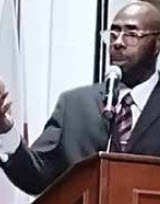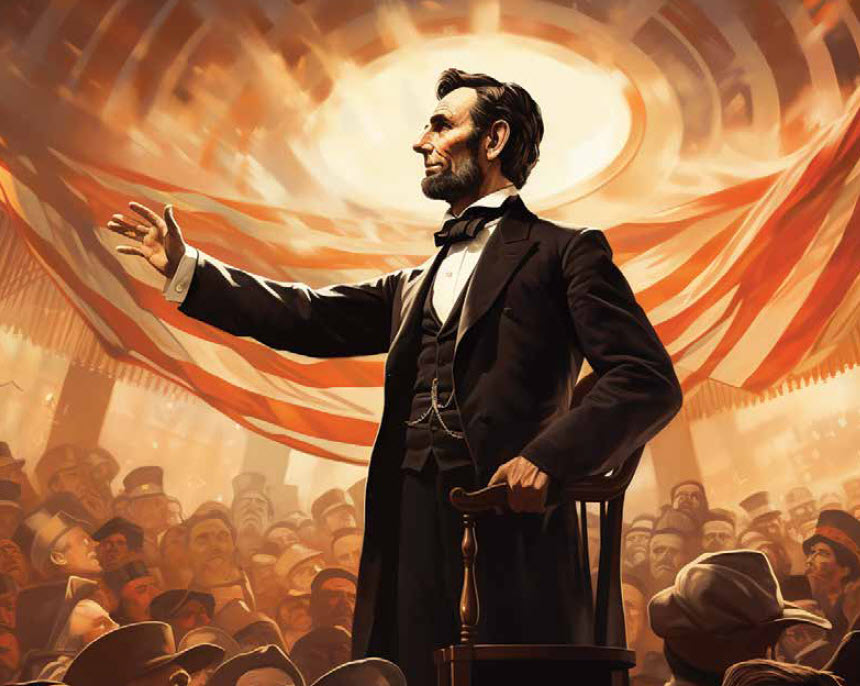 By: Eric Betts
By: Eric Betts
Leadership, a solemn charge, demands not only the marshaling of those we are charged to lead but also an inner conviction that defies the corrosive seeds of self-doubt. It is an echoing truth that the mightiest leaders are not those unblemished by flaws or untouched by failure. However, amid trials and tribulations, their unwavering belief that they are precisely where they are meant to be and endowed with the necessary tools for success is what forges their path to greatness.
Moses, a paragon of leadership, exemplifies this truth. Even with his initial hesitation and perceived inadequacies in speech, he rose to liberate a nation. It is through divine assurance he embraced the belief in his role, as decreed, “Be strong and courageous. Do not be afraid or terrified because of them, for the LORD your God goes with you; He will never leave you nor forsake you” (Deuteronomy 31:6). Moses’s narrative serves not merely as a historical account but as an enduring beacon, illuminating the path for today’s leaders.
In his footsteps, we are reminded of the humility that must accompany our authority — an acknowledgement that though we bear the mantle, it is not by our might nor by our power, but by a higher spirit that we fulfill our purpose. “Faith can move mountains” (Matthew 17:20), and so it is with conviction, which allows leaders to scale the insurmountable and view every stumbling block as a steppingstone toward their destiny.
Leaders of faith recognize their shortcomings, not as definitive of their capabilities, but as areas primed for growth and divine strength. They know well the profound adage, “My grace is sufficient for you, for my power is made perfect in weakness” (2 Corinthians 12:9), and in this, there is liberation from the fear of imperfection.
President Abraham Lincoln, whose legacy is a testament to resilience and belief in one’s purpose, is an undeniable model of leading with faith and purpose. In the midst of profound personal loss and political defeat, Lincoln persevered, guided by a conviction in his role within a larger narrative. He famously stated, “I am a slow walker, but I never walk back.” This remark encapsulates the essence of persistence in the face of adversity. Lincoln’s own odyssey from humble beginnings to the presidency embodies the principle that doubts and setbacks are not final verdicts, but rather, challenges to be met with steadfast resolve. His life and leadership underscore the belief that enduring greatness emerges not in the absence of uncertainty, but through the courage to confront and move beyond it.
The true essence of faithful leadership lies not in impenetrable armor but in the courageous display of vulnerability and reliance on a higher wisdom. The words, “Let your light shine before others” (Matthew 5:16), call forth a leadership style that is authentic and transparent, inspiring others not merely by acts of prowess but through the integrity of one’s earnest endeavor.
In conclusion, we affirm that the courage to persist, the wisdom to recognize divine guidance, and the humility to grow are the hallmarks of a faithful leader. Such a leader sees beyond the hazy veil of doubts and missteps, with eyes fixed on the higher calling to which they have been summoned, thus leading with both the authority of position and the reverence of sacred service.
By: Eric Betts, Assistant Professor | Course Developer, Hampton University School of Religion









 June 20, 2025
June 20, 2025



